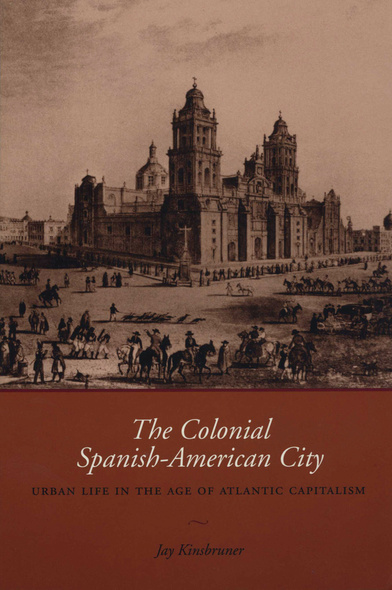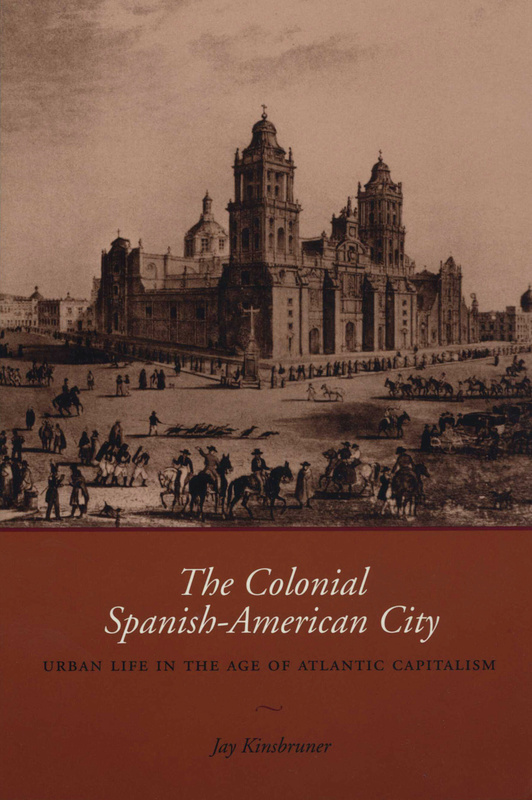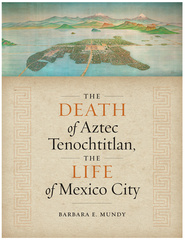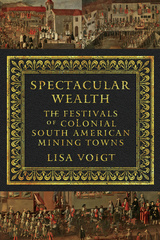The Colonial Spanish-American City
Urban Life in the Age of Atlantic Capitalism
The colonial Spanish-American city, like its counterpart across the Atlantic, was an outgrowth of commercial enterprise. A center of entrepreneurial activity and wealth, it drew people seeking a better life, with more educational, occupational, commercial, bureaucratic, and marital possibilities than were available in the rural regions of the Spanish colonies. Indeed, the Spanish-American city represented hope and opportunity, although not for everyone.
In this authoritative work, Jay Kinsbruner draws on many sources to offer the first history and interpretation in English of the colonial Spanish-American city. After an overview of pre-Columbian cities, he devotes chapters to many important aspects of the colonial city, including its governance and administrative structure, physical form, economy, and social and family life. Kinsbruner's overarching thesis is that the Spanish-American city evolved as a circumstance of trans-Atlantic capitalism. Underpinning this thesis is his view that there were no plebeians in the colonial city. He calls for a class interpretation, with an emphasis on the lower-middle class. His study also explores the active roles of women, many of them heads of households, in the colonial Spanish-American city.
This book stands alone as a study of the Spanish-American city. . . . It brings together material on the structure of Spanish colonial cities [and] society in the cities, with an especially useful discussion of occupations and family organizations. . . . General readers will also find this an interesting book.
Jay Kinsbruner was Professor Emeritus of History at Queens College, City University of New York. A distinguished scholar of Latin American history, he was the author of several books, including Independence in Spanish America: Civil Wars, Revolutions, and Underdevelopment; Not of Pure Blood: The Free People of Color and Racial Prejudice in Nineteenth-Century Puerto Rico; and Petty Capitalism in Spanish America: The Pulperos of Puebla, Mexico City, Caracas, and Buenos Aires.
- Acknowledgments
- Introduction
- A Note about the Terms "Town Council," "Stores," and "Shops"
- Chapter 1. The Colonial City by Definition and Origin
- Chapter 2. The Pre-Columbian City
- Chapter 3. The Colonial City Ordained and Structured
- Chapter 4. The Administration of the Colonial City
- Chapter 5. The City Visualized
- Chapter 6. The Urban Economy
- Chapter 7. Urban Society
- Chapter 8. Caste and Class in the Urban Context
- Chapter 9. The Urban Family
- Chapter 10. The Urban Dialogue
- Chapter 11. Conclusion: The Paradox
- Epilogue
- Appendix. A Comparison of Key Elements in the Ordenanzas of 1573 and in Vitruvius
- Notes
- Glossary
- Selected Bibliography
- Index







